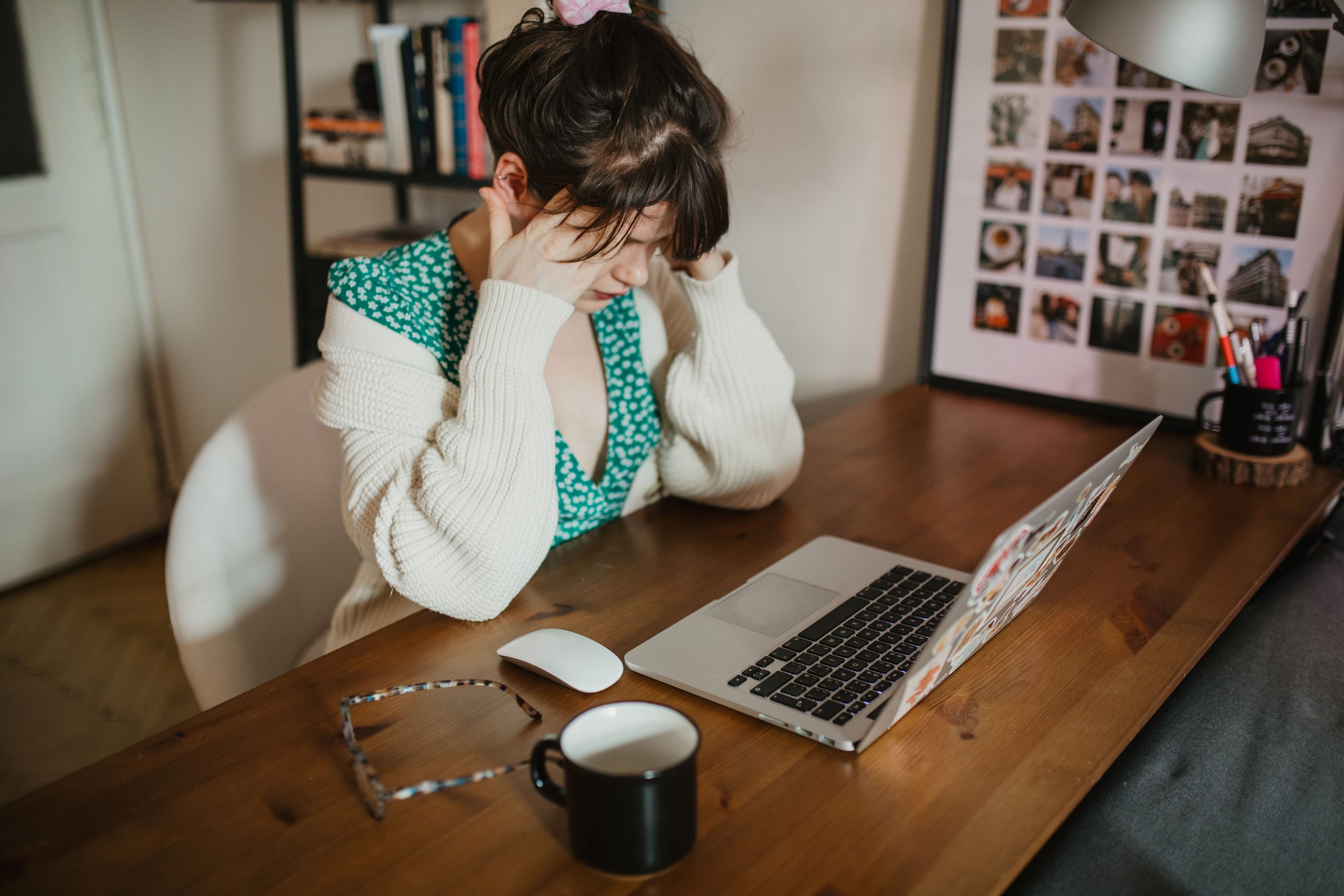
Anxiety is a common emotional state characterised by a range of distressing symptoms. These symptoms may manifest both mentally and physically, often causing significant discomfort and interference in one’s daily life. Individuals experiencing anxiety may encounter psychological manifestations such as excessive worry, restlessness, irritability, and difficulty concentrating. Physiologically, anxiety can result in symptoms such as rapid heartbeat, shortness of breath, muscle tension, and gastrointestinal distress. Recognising these signs is vital for seeking appropriate support and managing anxiety effectively.
The symptoms of anxiety may have an effect on you both mentally and physically, and it could cause a lot of discomfort in your daily life. People who suffer from anxiety may encounter phycological symptoms, like constant worrying, restlessness and it can make you irritable. Physical symptoms can cause rapid heartbeat, breath shortening, and muscle tension.
common symptoms of anxiety.
- Worry: People with anxiety tend to worry about every detail in their life, for example, friendships, relationships, performance at work or worrying about health.
- Restlessness: feeling anxious can make someone feel as if they are always on edge and it makes it hard for them to relax.
- fatigue: constant tiredness, and low energy despite having a full night’s rest.
- Intrusive thoughts: anxiety can cause worrying thoughts; these thoughts can make it tough to focus or retain information.
- Difficulty Concentrating: some people with anxiety have trouble focusing on tasks, making decisions, or understanding information.
- irritability: getting irritated by simple tasks or setbacks. This can be because of increased stress hormones, being extra sensitive, or being emotionally exhausted.
- Panic Attacks: A brief episode of intense fear, your heart rate may quicken, you may feel like you’re struggling to breathe, and you could even feel dizzy.
- Avoidance Behaviour: people with anxiety often avoid situations or people that trigger their anxiety because they don’t know how to deal with it.
- Sweating: constant sweating is very common when people suffer from anxiety. It can sometimes be cause from stress and tension, the “fight or flight” response or increased body temperature.
- Sleeping problems: struggles getting to sleep and staying asleep. This can happen due to over thinking or nightmares.
It is important to remember, that anxiety symptoms can be different for everyone, and different people may experience a different combination of these symptoms. If you or someone you know are having any of these symptoms please go and see your GP, or a health care professional, and they can guide you through the next steps you need to be taking.
There are also physical symptoms of anxiety.
- Dizziness: some people may feel dizzy or lightheaded when they are anxious. This is because of the changes in your breathing, and how it quickens.
- Chest tightening: if you’re anxious, you may experience pressure in your chest, because your heart rate is rapid, it may feel like your “chest is tight”.
- Shacking: some people experience their legs or hands shacking as a result of being anxious.
- Shortness of breath: if you notice your breath shortens, it’s just because having anxiety can make you feel like you’re not getting enough air, this leads to shallow breathing or even panic attacks.
- Urinating frequently: if your need to urinate has increased by a lot, it’s just a result of anxiety, because stress hormones can affect the bladder.
- Muscle tension: as a result of stress and anxiety, you may experience, tension. In tour muscles, pains, or headaches.
It is important to recognise that anxiety can vary in how long it lasts, and how intense it is. For some people, anxiety is a very temporary reaction to stress however, for others it can be constant, and it can have a huge impact on their daily life. If you are or you know someone who is experiencing anxiety and it’s interfering their daily life, it is advisable to seek help from a mental health professional. Anxiety disorders are very treatable, you could go to therapy, or to the doctors and see about medication. It’s your own journey so if something doesn’t work, don’t be scared to try something new.
If you’re still interested, have a look at our blog about the different types of anxiety disorders.
